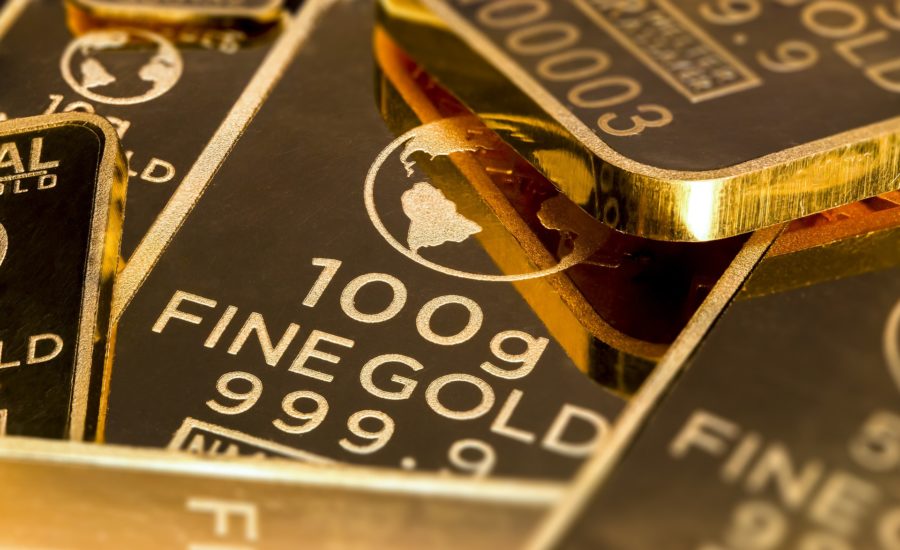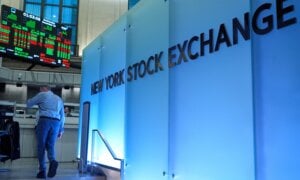Is it time to buy gold (again)?
Since the pandemic started wreaking havoc on markets in February, gold has risen by 13.2%, while the S&P 500 is down 1.3%. A lot of people are excited about gold today because of how much debt countries around the world are accumulating. The more leverage these countries take on, the more concern there is about currency devaluation, while gold remains worth what it’s worth.












Gold is money it’s not a commodity.
If you have made some money in gold now may be the time start taking some profits. It may and likely go higher but not much higher. A pull back in gold is in the cards for sure.
Hi there was going to buy 20 k in gold is this a good plan at the age if 59 !
I’m in Calgary Alberta
pfft! if gold is money try and spend it at the grocery store. gold is a commodity. I will never understand the prepper mentality of Fiat is gonna fail and we are going to be needing to pay for things in gold coins. If the world ever gets to the point where the banks have failed and Fiat has crumbled, then you are better off having some canned beans to trade. No one will take your gold.